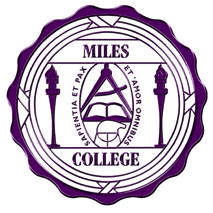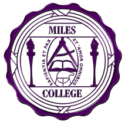 In years past, JBHE has published reports on the racial gap in participation in the Advanced Placement program of The College Board. These reports also included data on the racial gap in scores between Black and White students. (See, for example, this JBHE post.)
In years past, JBHE has published reports on the racial gap in participation in the Advanced Placement program of The College Board. These reports also included data on the racial gap in scores between Black and White students. (See, for example, this JBHE post.)
Much like our reports on the racial scoring gaps on the SAT and ACT college entrance examinations, the data painted a bleak picture for Black students in the AP program. However, JBHE thought it was important to track the data in order to monitor the progress – or lack thereof – of African American students.
Now, The College Board has decided to withhold data from the public on the racial breakdown of AP test scores. They did so without offering an explanation. The data was simply not revealed in its annual data drop.
The question is why?
The standardized testing industry has been highly criticized in recent years as a roadblock to greater equity in higher education. As a result, more and more colleges and universities have become test-optional. This trend accelerated at the start of the pandemic when it was not possible to assemble large groups of students at test centers and most colleges and universities placed their testing policies on hold. As a result, only 1.2 million members of the 2021 graduating class of high school seniors took the ACT college entrance examination. This was down from 1.6 million in 2020 and more than 2 million in 2017. For the SAT, the number of students taking the test was down by 700,000 between the class of 2020 and the class of 2021.
Many colleges and universities found that they could function quite well without requiring applicants to submit test scores. The National Center for Fair & Open Testing reports that 80 percent of bachelor’s degree-granting institutions were test-optional for the class entering in the fall of 2022 and at least 60 percent have extended test-optional policies for the 2023 entering class.
The smaller number of test-takers has, in all likelihood, had an impact on the bottom-line of the testing companies. Obviously, The College Board does not want similar reductions in participation in the Advanced Placement program, which had shown major growth prior to the pandemic. By not publicizing test scores by race, The College Board deflects any possible controversy over whether these tests are barriers to greater equity in higher education.
Jon Boeckenstedt, vice provost for enrollment management at Oregon State University who was one of the first to notice the change in policy on revealing AP scores by race, told JBHE that he suspects that The College Board “doesn’t want these disparities visible for everyone to see. This is especially true as they attempt to position AP as a great tool of access for low-income, first-generation, and/or students of color.”











